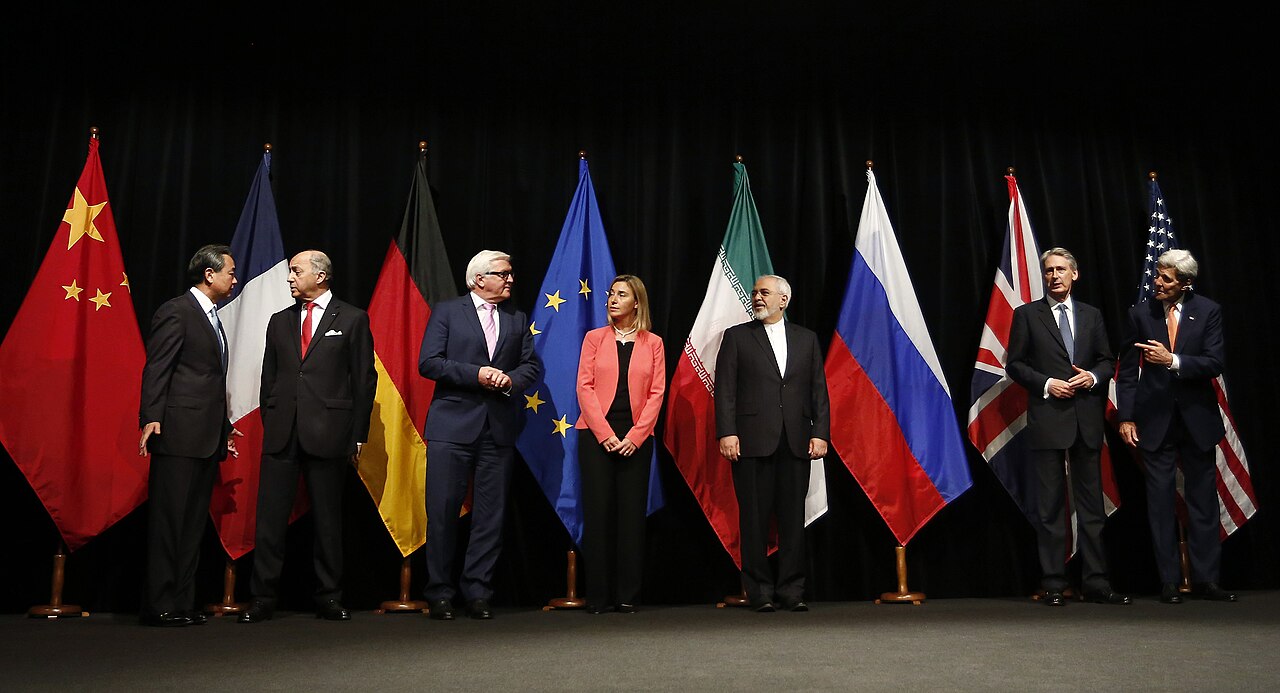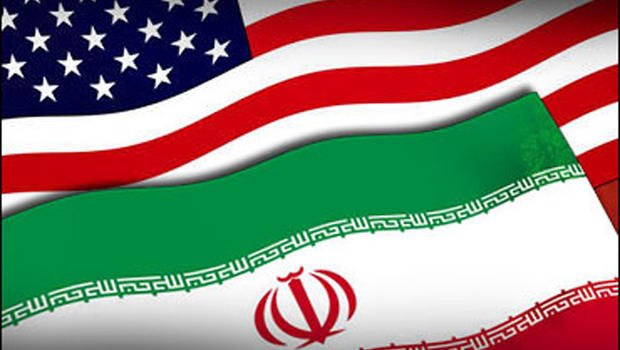The threat of terrorism and nuclear attacks are a concern for most of us. If you did a survey now, most people would probably rate terrorism as one of their biggest fears. None of us want to live in a world where we feel unsafe. But if you watch the news on a daily basis, you’ll find that it offers little reassurance. In 2015, a deal was reached with Iran, but what does it really mean and are we safe?

Image from http://www.freestockphotos.biz/stockphoto/14713
About the nuclear program deal
In 2015, a deal to shut down Iran’s nuclear program for the next decade was hailed as one of the most important political feats of recent times. But what does it mean, and what are the politicians hiding?
The US could have pushed for more
This is an opinion held widely by people in the know. Among them is Mark Dubowitz, executive director of the Foundation for Defense of Democracies. The fact that both President Obama and Javad Zarif, the foreign minister in Iran, celebrated the deal supports this notion. To reach a satisfactory deal, one party would have to leave the table feeling a little disappointed. As a dominant world force, the US could have gone further and pinned more stringent restrictions on Iran. It may have taken a little more negotiation, but the thought is that more could have been achieved.
Was the time frame right?
When world leaders emerged from prolonged, intensive negotiations, a 5-15 year time frame seemed reasonable. But there is concern about the long-term intentions of the Iranian nuclear program. For now, production may be limited, but what happens when this agreed monitoring period elapses? Is there a possibility that Iran could already be plotting years ahead?
How watertight is the deal?
If you delve deeper into the small print of the nuclear deal, you may stumble across some alarming sentences. There is an agreement that sanctions can be reimposed in the event of Iran violating the terms. However, if you read on, you’ll discover that Iran can walk away from the deal if sanctions are reimposed. A written statement also suggests that EU countries and the US are not permitted to disturb economic agreements with Iran.
US-European relations
There’s a worry that the nuclear deal could cause ructions between the USA and European nations. There may be disagreements about the terms of the deal and wider implications for concerns such as terrorism. Disagreements are likely to weaken the allied group and strengthen Iran’s position.

Image credit https://en.wikipedia.org/wiki/Joint_Comprehensive_Plan_of_Action
When you read news reports, it’s easy to glance at the main points and think no more about it. There’s also the issue of rhetoric. Even if you only read a couple of newspapers, you’re likely to get a different version of events. Often, you read what you want to read and ignore everything else. On the surface, a deal may appear to be a fantastic step forward. But it’s always important to read the small print. Often, it’s impossible to get the full story from a short report about such a complex and convoluted deal.

Image taken from https://pixabay.com/en/iran-flag-national-flag-nation-162321/
